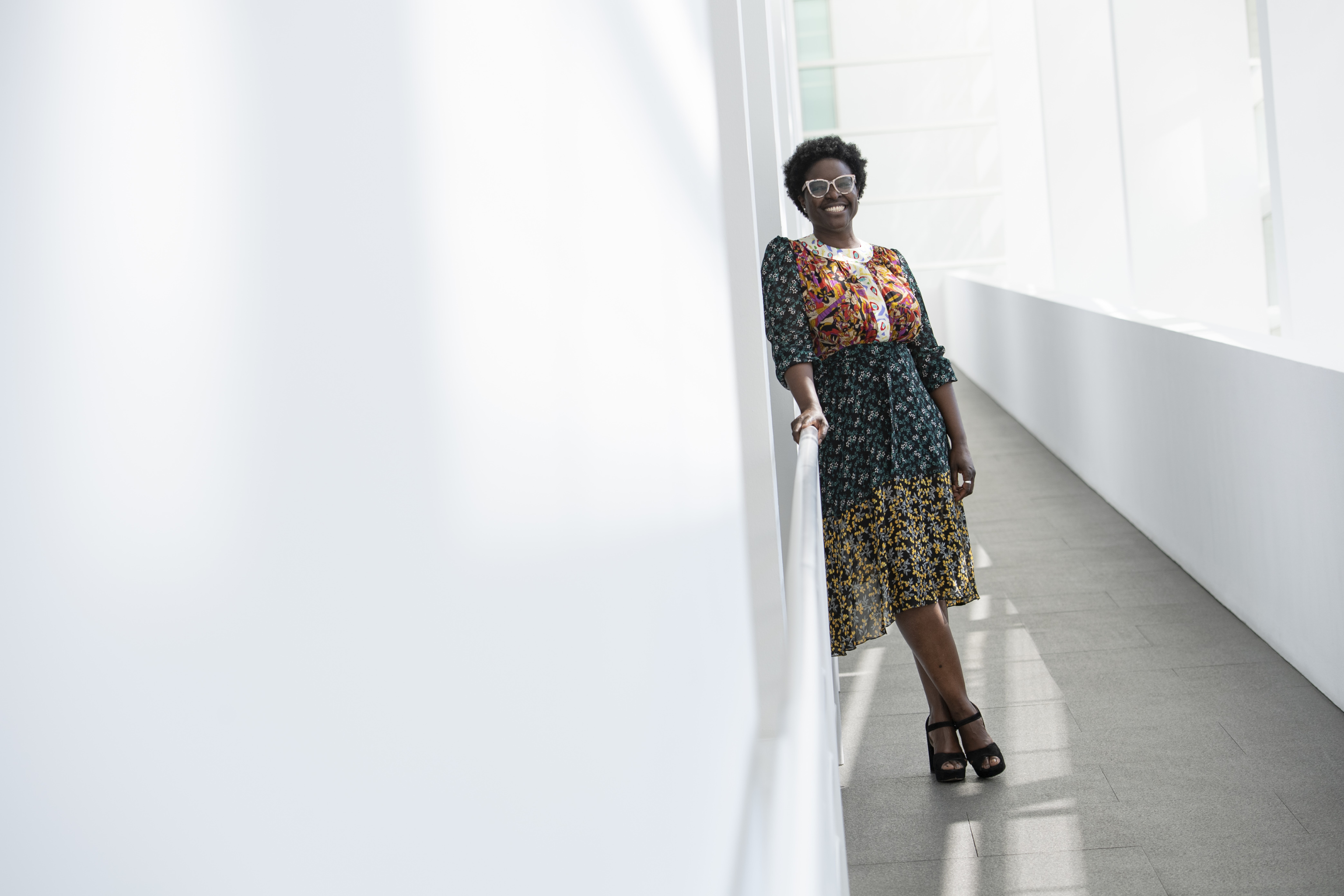
Elvira Dyangani Ose: "Macba must be decolonized"
The new head of the Museum of Contemporary Art of Barcelona spoke about the challenges she has encountered as director of the museum.
In July, Elvira Dyangani Ose began her journey as the first woman of African descent director of the Museum of Contemporary Art of Barcelona (Macba). Her appointment came shrouded in controversy as it temporarily coincided with the dismissal of public activities director Pablo Martinez and chief Tanya Barson. In a recent interview, the director talks about her commitment to a more intergenerational museum, less elitist and closer to local artists and the general public.
As soon as Dyangani began her work as director, the institution began to reduce it's autonomy, limiting it to the areas of conservation, production, education and mediation. The project won by the current director has as its central axis to reclaim the museum as a permeable public space, free transit from the street, where there are no physical or cultural barriers and where citizens can be heard and dialogued with.
RELATED CONTENT
"The museum I want is dissident. And if you are dissident, I want you to feel safe here. But it will not only be a place of rage and rebellion, it will also be a place of awareness and care," the director explained to elDiario.es.
Dyangani mentioned her intention to regain her rightful power and to prevent the mistakes made before her arrival from happening again and to be able, for example, to resume work with students enrolled in the Independent Study Program (IEP).
"We have to think about how we can reach larger audiences and in what way we can make exhibitions that present contemporary art without that elitist patina. We have to be an example of a museum that not only helps to understand contemporary art but that can be seen through the exhibition, that the work itself speaks to you. We have to create that platform that invites the encounter between the work and the citizen. We have to excite people by breaking down the barriers that may exist within the idea that people usually have of a museum."
He is currently in the process of reworking the museum's organizationalchart, taking into account his need to expand the institution's free status and its relationship with the immediate territory, the Raval neighborhood. His proposal is to break down those classist barriers, characteristic of many cultural spaces and which historically have paid attention to the tastes of the elites and have not been interested in the rest.
"When you are born as a colonial subject you have to constantly reconstruct yourself and define yourself against that way in which you are seen. The museum has settled into a vision of itself that has to be questioned and put in check. I will not let the museum get comfortable and bored."











LEAVE A COMMENT: